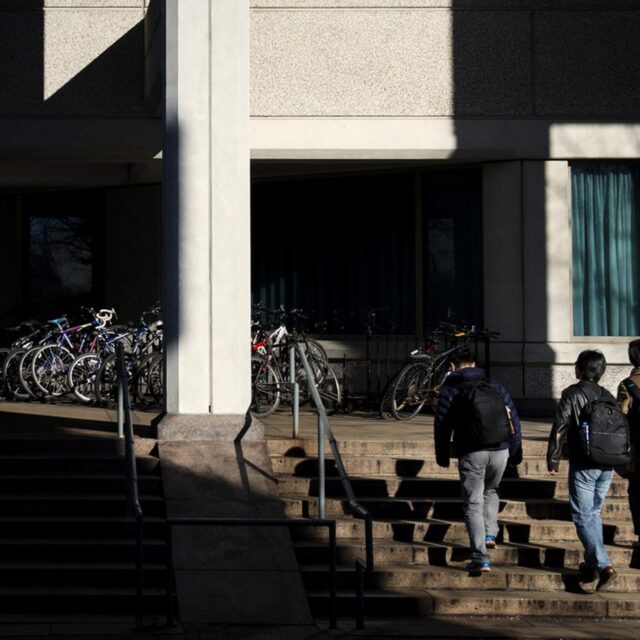A hate video incites a fight between students. A high school boys hockey team engages in racist, homophobic, and anti-Semitic hazing. A gay teen describing the bullying she has experienced is heckled by a parent at a school board meeting.
The desire to prevent and respond to these kinds of incidents at Massachusetts schools has led to the development of the School Hate Crime Resource Guide, which was assembled by Northeastern’s Institute on Race and Justice in collaboration with American University and the Anti-Defamation League of New England.
In support of the new guide, Massachusetts is offering $400,000 in grants for school districts to support the development and implementation of anti-hate crimes programming.
School districts and universities apply policies and states enact laws to mitigate hate crimes. Nonetheless, one in five Massachusetts hate crimes takes place at an educational institution, a trend that is mirrored nationally.
“You really want something like this to help promote a different culture in schools,” says Cuevas, a professor of criminology and criminal justice who co-directs the Violence and Justice Research Lab at Northeastern. “The overall message to the school community should be, ‘We know it can happen, we know it’s there, but we’re not OK with it. We’ve got ways to make sure it doesn’t happen, and we deal with it when it does.’’’
Cuevas and McDevitt—a professor of the practice in criminology and criminal justice who directs the Institute on Race and Justice—spoke with News@Northeastern about methods for preventing and responding to hate crimes. Their comments have been edited for brevity and clarity.
Read the full story on Northeastern News.





